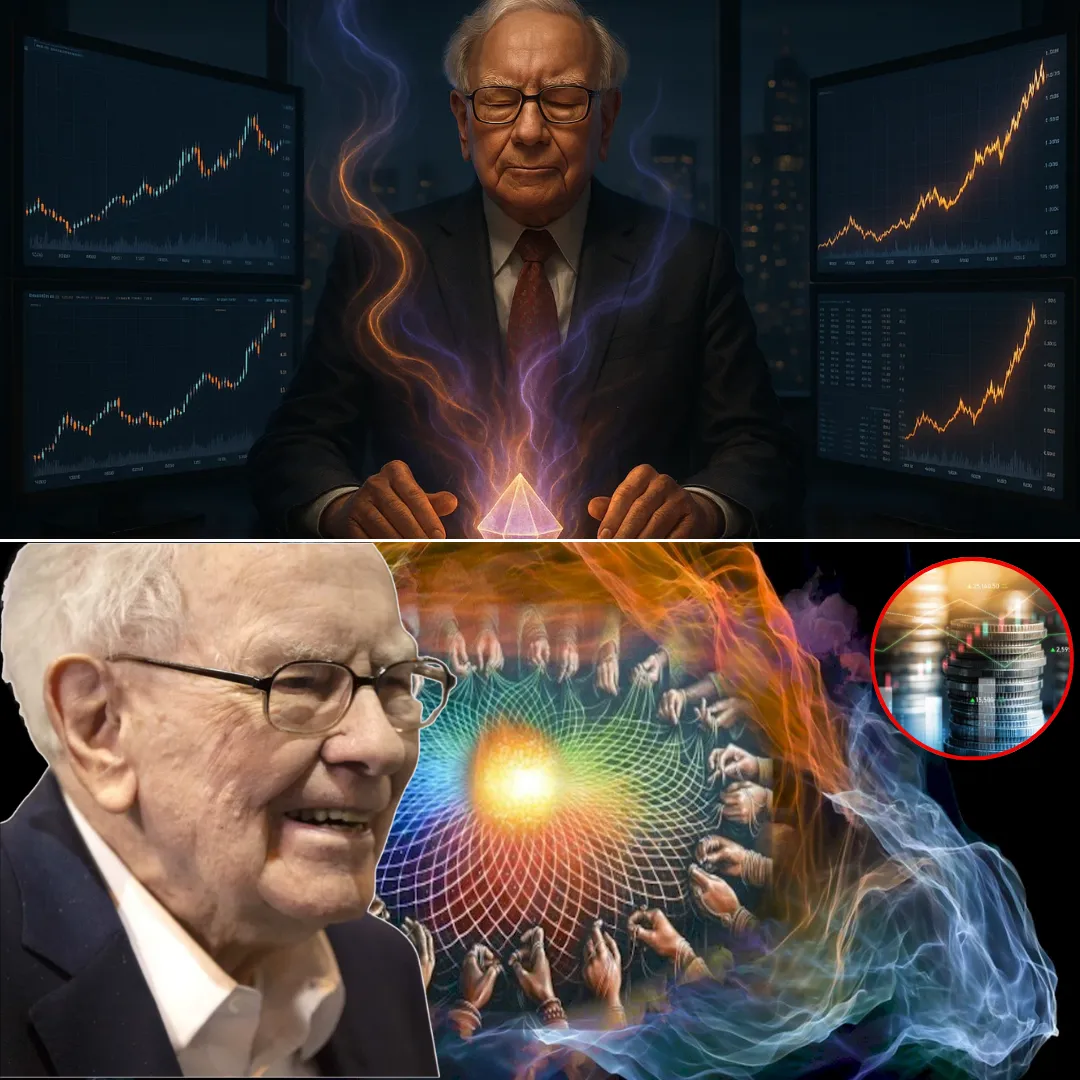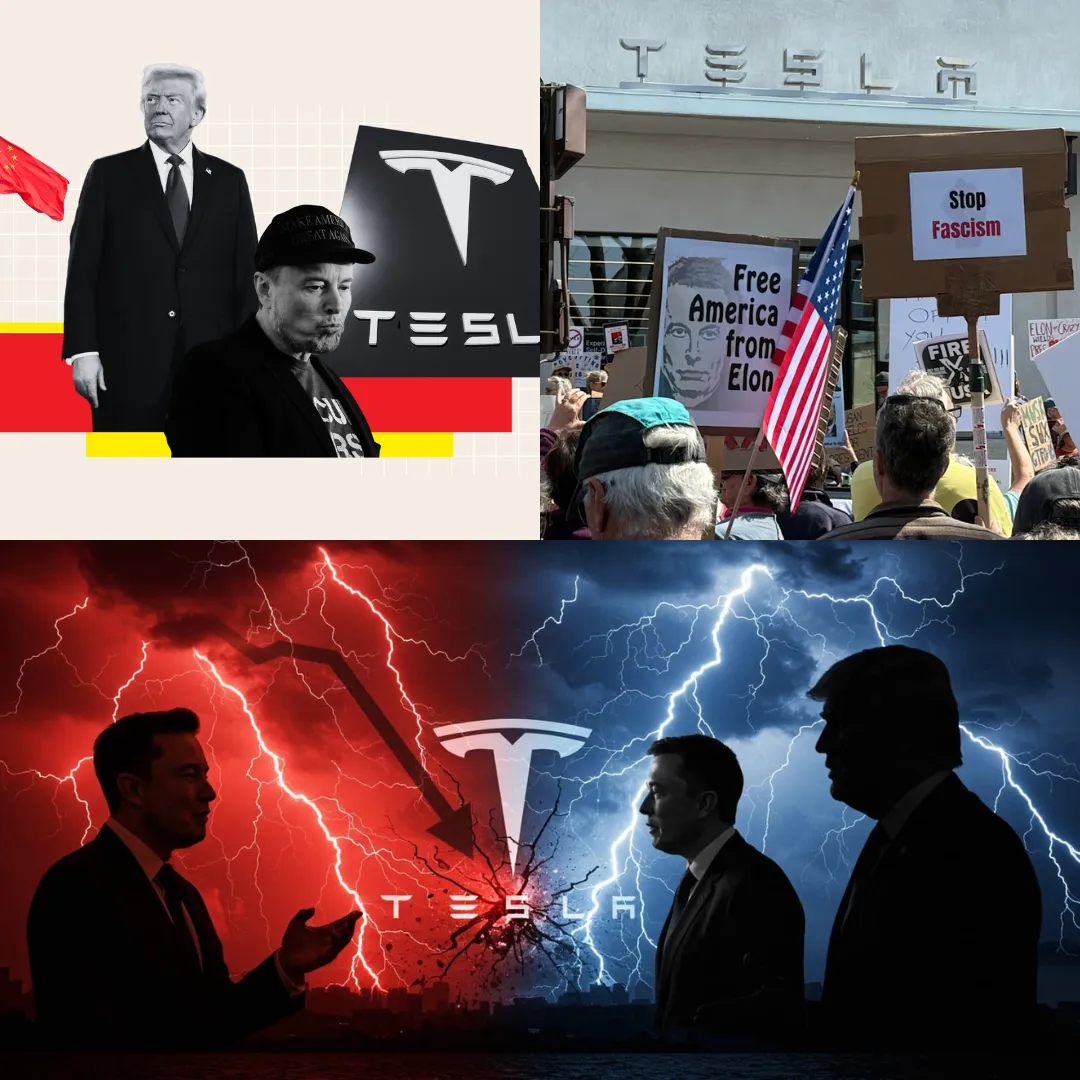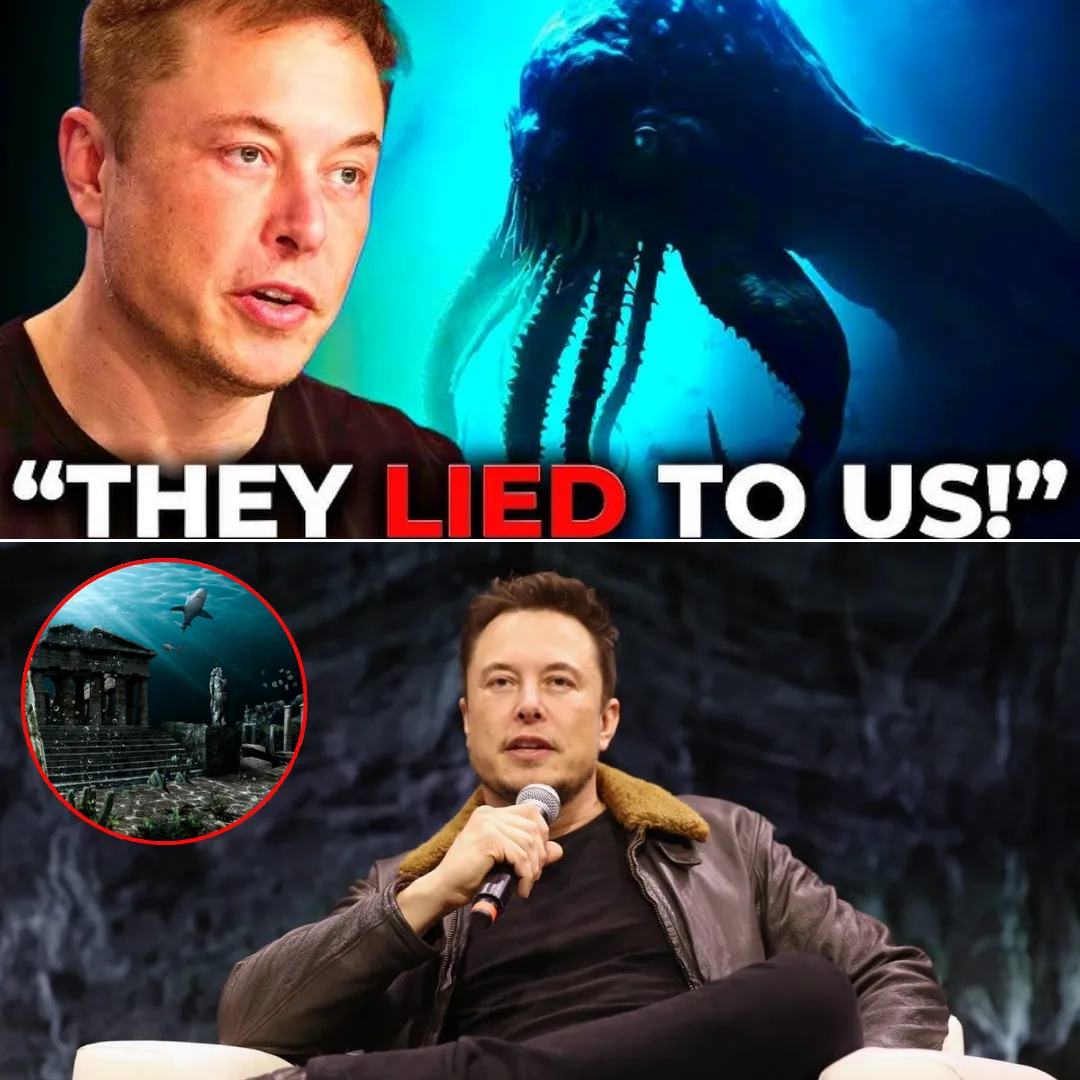In a turn of events as dramatic as it is controversial, Pakistan’s powerful Army Chief General Asim Munir has officially recommended U.S. President Donald J. Trump for the Nobel Peace Prize, citing what he describes as Trump’s decisive role in preventing a full-scale nuclear war between India and Pakistan just weeks ago. The statement was confirmed Wednesday by White House Press Secretary Anna Kelly, who said that President Trump had recently hosted General Munir at the White House, where the Pakistani general made a formal pitch for the prestigious global award.
According to Kelly, Munir's recommendation came after the U.S. President allegedly intervened behind the scenes to de-escalate a dangerous stand-off between two of the world's most volatile nuclear powers. “President Trump hosted General Munir at the White House after the General personally called for the President to be nominated for the Nobel Peace Prize,” Kelly told reporters, highlighting what she referred to as “a moment of presidential diplomacy that averted a historic catastrophe.”

The confrontation in question unfolded in late April following the Pahalgam terror attack on April 22, an event that sharply inflamed tensions between New Delhi and Islamabad. According to intelligence briefings and regional reports, the Indian military responded with a series of precision strikes on key Pakistani airbases, including the highly strategic Nur Khan Airbase, also known as Chaklala, sparking fears of full-blown retaliation from Pakistan’s nuclear command.
Over the next four days, both nations engaged in an intense exchange of drone and missile strikes along their contentious border, signaling what could have rapidly spiraled into the first nuclear conflict of the 21st century.
Though India has consistently denied any third-party mediation, White House officials and President Trump himself have insisted that U.S. backchannel diplomacy—led personally by Trump—played a decisive role in halting the escalation. Trump, never one to downplay his role on the world stage, recounted the incident with characteristic flair.
“Well, I stopped the war between Pakistan—I love Pakistan—and India. I think Modi is a fantastic man. I spoke to him last night,” Trump said during an impromptu press briefing at the White House. “They were going at it, both nuclear nations, but I got it stopped. This man—Munir—was very influential on Pakistan’s side, and Modi on India’s side. It was going to be bad, very bad.”
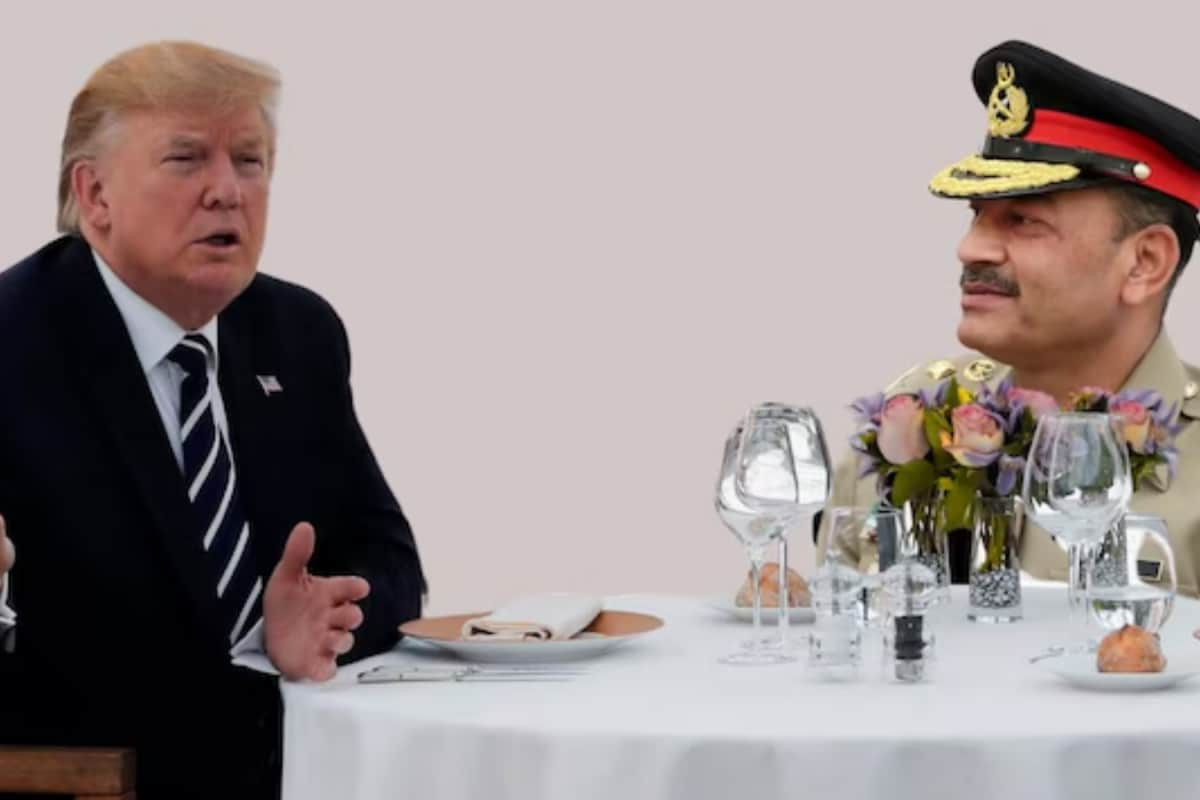
Despite the president’s claims, Indian authorities have repeatedly pushed back against the narrative that Washington helped mediate the end of the conflict. Indian Prime Minister Narendra Modi held a 35-minute phone call with President Trump on Wednesday to discuss “Operation Sindoor,” India’s internal designation for the cross-border response.
Sources close to Modi told reporters that the discussion did not involve U.S.-India trade deals nor any request or offer for U.S. intervention in resolving the standoff with Pakistan.
Nevertheless, President Trump continues to assert that it was his strategic use of diplomatic channels and trade leverage that helped usher in a de-escalation agreement. “Iran and Israel should make a deal, and will make a deal—just like I got India and Pakistan to make,” he said on Sunday, drawing parallels between the South Asian crisis and the wider Middle East.
“In that case, I used TRADE with the United States to bring reason, cohesion, and sanity into the talks with two excellent leaders who were able to quickly make a decision and STOP!”
The Nobel Peace Prize, which has historically been awarded for contributions to arms control, conflict resolution, and global human rights, has seen controversial nominations before—but few as politically charged as this one. Trump's previous nominations in 2020 and 2021, submitted by Norwegian lawmakers and others for his efforts in brokering normalization deals between Israel and Arab nations, did not lead to a win.
However, his supporters argue that his diplomatic record—especially in high-stakes regions—deserves renewed recognition.

At the core of the current controversy is not merely whether Trump deserves the award, but whether his role in the India-Pakistan crisis was as impactful as he and his allies claim. Critics in India have accused Washington of “exaggerating” its involvement for political theater. “India responded decisively and independently,” an Indian Foreign Ministry official stated. “Any claim to external influence in our sovereign military decisions is factually inaccurate.”
But in Pakistan, General Munir’s gesture seems to carry serious weight. A sitting army chief publicly endorsing a foreign leader for the Nobel Peace Prize is virtually unprecedented in South Asian geopolitics. Analysts suggest that Munir’s support for Trump may also be an attempt to rebuild strategic ties with Washington, following a prolonged period of strained relations during the early Biden presidency.
Meanwhile, Trump—who has made no secret of his ambition to be seen as a global dealmaker—expressed frustration that the U.S. media had largely ignored what he sees as a major achievement. “I don’t think I had one story written,” he lamented to reporters. “I stopped a war between two major nuclear nations. I didn’t get one story written about it. But that’s okay. You know why? Because the people know. They always know.”
Whether or not Trump’s name makes it onto the Nobel committee’s shortlist remains to be seen. But his latest claim, bolstered by General Munir’s high-profile endorsement, has already ignited a fresh political firestorm.

Supporters within the Republican party have begun touting the nomination as evidence of Trump’s unrivaled leadership on the world stage—especially in contrast to what they describe as the current administration’s “weak” global posture.
“This is why we need Trump,” said Senator Josh Hawley in a statement. “When nuclear war looms, Trump doesn’t hesitate. He picks up the phone, and he gets it done. That’s peace through strength.”
International observers, however, warn that the situation remains volatile and unresolved. Though India and Pakistan reached a mutual understanding on May 10 to halt active hostilities, deep-seated distrust continues to simmer on both sides. Border skirmishes, cyber intrusions, and covert operations remain part of the regional equation.
Experts argue that even if Trump did help in de-escalating this particular crisis, the South Asian powder keg is far from being defused.
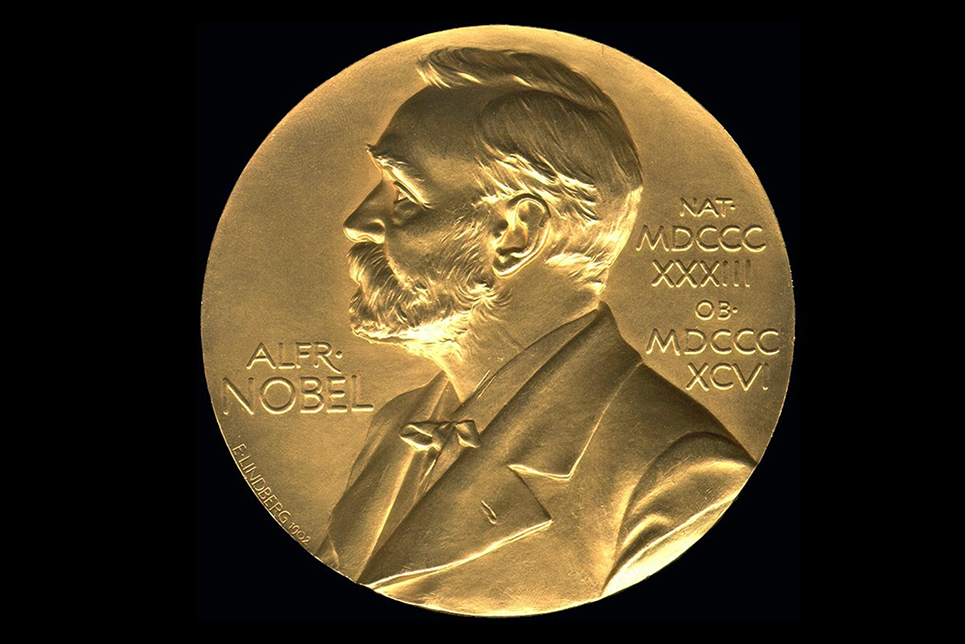
Still, the symbolism of a sitting U.S. President being nominated for a Peace Prize—especially one so often criticized for his bellicose rhetoric—has sparked intense debate among scholars, diplomats, and voters alike. If the Nobel Committee were to recognize Trump for his alleged intervention in South Asia, it would mark one of the most politically polarizing awards in the prize’s 123-year history.
As of now, the Nobel Institute has declined to comment on the reported nomination. But sources familiar with the process indicate that nominations from heads of government and military leaders are considered valid under the rules of the Peace Prize charter.
With Trump already using the episode to bolster his image heading into the 2026 midterms and a potential 2028 reelection bid, this narrative is likely to gain more traction in conservative media circles. Whether it garners global validation—or fades as another chapter in Trump’s turbulent legacy—will depend on what happens next, both on the Indian subcontinent and inside Oslo’s Nobel Committee.

